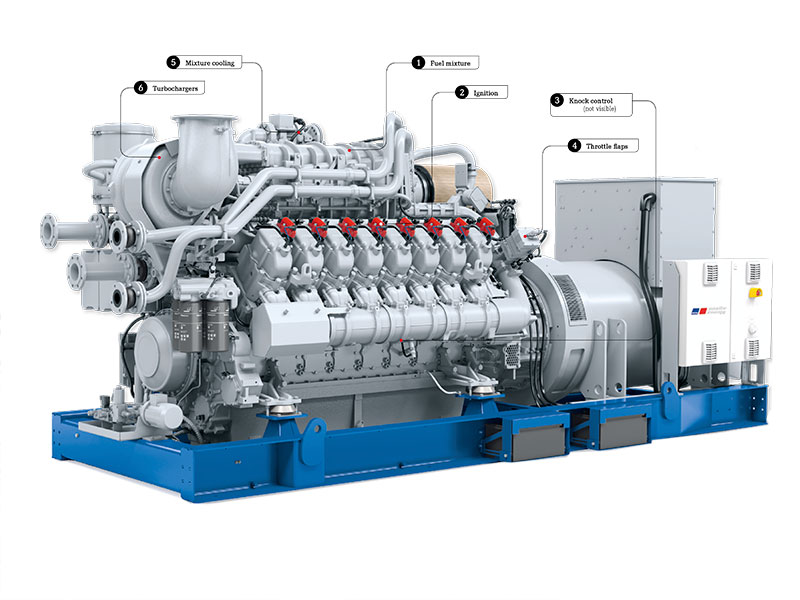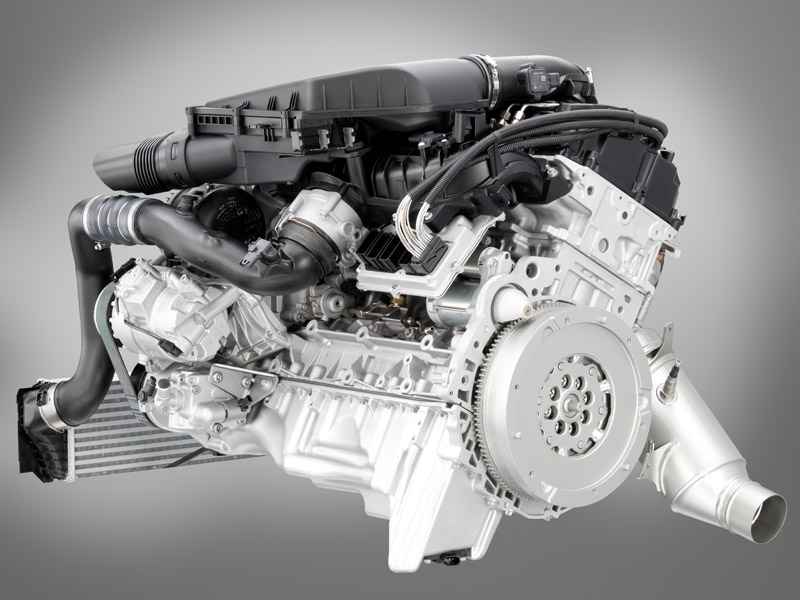Once, cars were simply made up of many mechanical systems that labored together that will assist you steer, accelerate, and brake. Then, a number of these components elevated to obtain hydraulic systems, for example power steering. Now, however, cars are progressively like a fusion of mechanical and hydraulic systems plus computers and electronic systems. Like the electronic throttle control system, or ETCS.
The ETCS uses about six wires to digitally combine the gas pedal along with the engine, replacing the older mechanical model. Whenever you depress the gas pedal, the wires send electrical signals to rev the engine, resulting in elevated speed. Overall, electrical control systems can increase efficiency and lifespan within the parts while cutting lower on maintenance and overall weight within the system. Additionally, researchers think that less weight and greater precision through electronic control technology increases fuel efficiency minimizing emissions.

However, fractional laser treatments, also called drive-by-wire, x-by-wire, and even perhaps by-wire, possesses its own drawbacks. Everyone is anxious relating to this drive-by-wire technology given that they condition this program can fail anytime as time passes, similar to an arbitrary crash on your pc. Additionally, wiring may become corroded and faulty, creating a brief-circuit failure.

Really, the current Toyota sudden acceleration complaints are carefully related partly to problems with the electronic throttle control system. Many individuals reason short-circuiting the ECTS can result in unmanageable engine revving and acceleration. However, Toyota stated this short-circuiting might cause other vehicle types to without warning accelerate too, which doesn’t make sure it is unique to Toyota’s brand.
Still, since neither Toyota nor the nation’s Highway Traffic Safety Administration knows the particular reason behind the sudden acceleration problem, it’s important for Toyota for more information on all options, including ECTS failure. That way, future sudden-acceleration incidences can hopefully be avoided.

